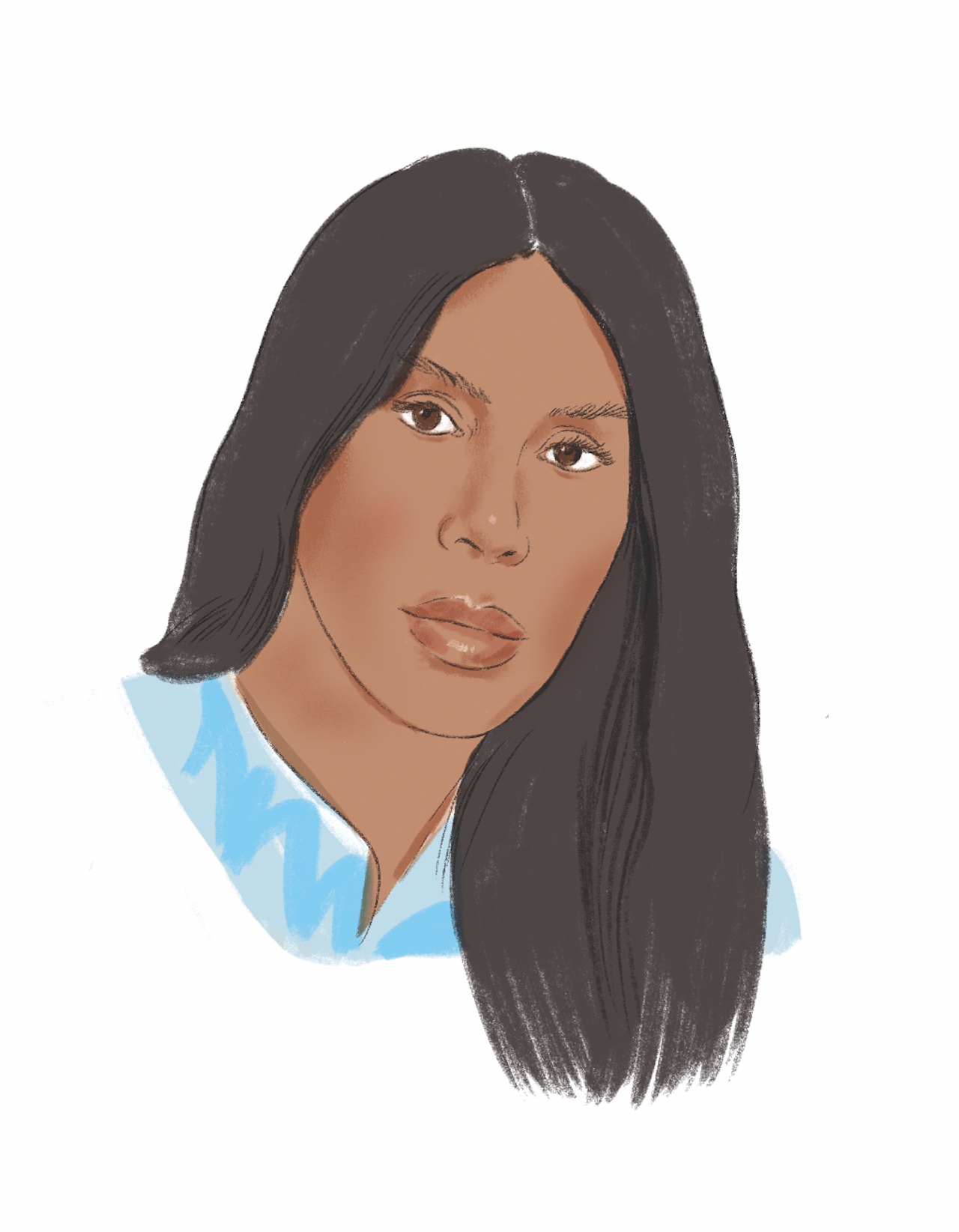

Every issue, GRAZIA USA highlights 17 Game Changers, who inspire, educate, and celebrate individuality, beauty, and style. Meet Honey Dijon, a DJ, fashion icon and musical artist who is optimistic that change is coming — and she’s happy to be part of it.
I was born and raised in Chicago, and I always say I was very fortunate to experience the beginning of a sub-culture that turned into a global form of art, which is house music culture. My parents were very musical; they played a lot of R&B in the house, including artists such as Michael Jackson, Chaka Khan and Donna Summers. That is how I fell in love with fashion because you had all of these Black, middle-class kids who were dressing up to go dancing.
My love of fashion coincided with my love of house music. It was all intertwined. My sister’s best friend was dating this guy who was really into house music culture and he introduced me to Derrick Carter, a legendary Chicago house DJ. I was sucked into the culture. I was born in the right place and right time. It wasn’t so much about genre; it was about storytelling and it was about pushing the envelope forward musically.
Since then, the industry has improved in some ways, but in other respects it’s gotten worse. Even though things are very painful, change is painful. I believe the #MeToo Movement, the Black Lives Matter Movement and the Trans Awareness Movement are really big global social changes. I think just the fact that we are just having these conversations and people have become more aware of the problems that need fixing has been great, but it’s moving too slowly.
There’s still a lot of work to be done, and it’s the same with house music and the same with festivals. You can have as many diverse line-ups as you want, but unless you have festival promoters, concert promoters and venue owners who are diverse, it’s just optics.
Going forward, I think you need to be able to find out what is your story and what is your truth. It’s not so easy, but if you can find that power, I think that is how you we can be hopeful about making a change.
I always hated being called a “role model” because that puts me on a pedestal, and I am not perfect by any means. I always liked what Laverne Cox said: you can be a “possibility model” because you can be a possibility for others. I hope others see how it’s possible for me to have this career even though I didn’t have anyone reflecting back at me growing up.
I always go back to my teenage self. I just wanted to participate and contribute and it wasn’t about what I could get from it, the fame or the perks. I am a working artist who gets to work in fashion, music, art and inspirational speaking. I pinch myself every day.
I never would have imagined that I would be here in my career or have my own fashion line. I never even thought that was humanly possible. The thing about being a creative person is you don’t ever feel like you have arrived. You never arrive. As long as you live, you are going to be multiple people in your lifetime, you’re going to have multiple desires, you’re going to shift, you’re going to morph and change, so nothing is sedentary and fixed.
I always find it funny when people talk about trans people transitioning. We are all transitioning every day — all of us. No matter what gender or sexual orientation or social status or whatever you are, you are shifting, morphing, changing and transitioning every day.
This year, I have my album coming out called Black Girl Magic, and it’s been really, really fun to work on. I got to work with a lot of Black female songwriters and queer artists, and I feel like this is my most personal album to date, and I am excited about that.
I know it sounds corny, but I live in gratitude that I get to do it all.
-As told to Jaclyn Roth
Pick up GRAZIA USA’s March 2022 issue on newsstands and email [email protected] to subscribe.













